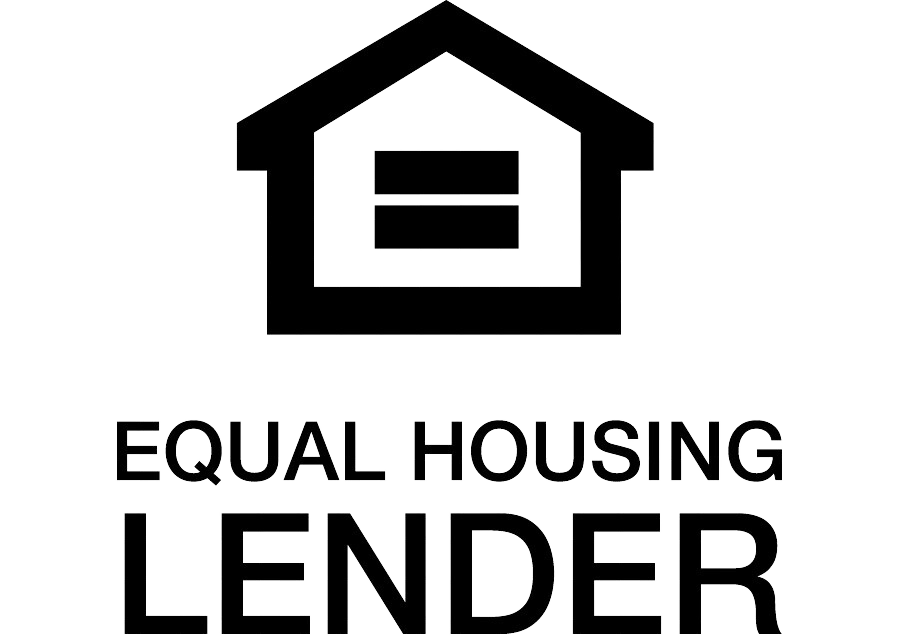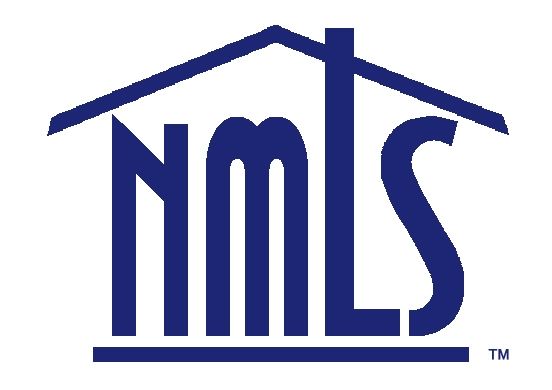Frequently Asked Questions (FAQs) About Reverse Mortgages
It’s natural to have questions when you first start exploring reverse mortgages—there’s a lot to learn! While Dan Mendoza is always just a phone call away, here are answers to the most common questions clients ask.
Will I still own my home with a reverse mortgage?
Yes! You remain the legal owner of your home, just like with a traditional mortgage. As long as you keep up with property taxes, homeowner’s insurance, and general maintenance, you can live in your home for as long as you wish.
How do I receive the money?
- A lump sum for major expenses
- Monthly payments for steady cash flow
- A line of credit that grows over time
- Or a combination of these
You get to choose the structure that works best for your financial goals.
What happens if I move or sell my home?
The reverse mortgage becomes due when you sell the property, move out permanently, or pass away. If you move, you or your heirs simply sell the home, pay off the loan balance, and keep any remaining equity.
Will my children or heirs be responsible for the loan?
Yes and No. The loan becomes due when the last borrower passes. If your heirs want to keep the property, they can pay off the balance at 95% of the appraised value or refinance it. Otherwise, they should sell the home to pay the mortgage and keep the remaining cash from the sale.
Can I get a reverse mortgage if I still have a mortgage?
Yes! Many homeowners use reverse mortgage proceeds to pay off their existing mortgage—eliminating monthly payments and freeing up cash for retirement.
What if my home value goes down?
Reverse mortgages are non-recourse loans, which means you or your heirs will never owe more than the home’s current value. FHA insurance on HECM loans covers any shortfall.
Can I use the money however I want?
Absolutely. Whether it’s for daily living expenses, healthcare needs, home improvements, travel, or even a dream purchase—you decide how to use the funds.
Still have questions? Contact Dan Mendoza today to learn more about your options.
Common Reverse Mortgage
Myths and Truths
💭
Myth: The bank will own my home.
✅
Truth: You remain the legal homeowner. The reverse mortgage simply lets you access equity while continuing to live in and own your property.
💭
Myth: I could lose my home with a reverse mortgage.
✅
Truth: As long as you meet the requirements—property taxes, insurance, and upkeep—you can stay in your home for life.
💭
Myth: Reverse mortgages are only for people in financial trouble.
✅
Truth: Many financially secure retirees use reverse mortgages strategically to increase cash flow, protect investments, or create a safety net.
💭
Myth: My kids won’t inherit my home.
✅
Truth: Your heirs still inherit the property. They can sell it, refinance the loan, or pay off the balance to keep it. Any remaining equity belongs to them.
💭
Myth: Reverse mortgages are a last resort.
✅
Truth: They’re often a smart part of a retirement plan, offering flexibility, stability, and improved quality of life.
💭
Myth: If my spouse isn’t on the loan, they’ll lose the home.
✅
Truth: Eligible non-borrowing spouses can remain in the home after your passing, as long as loan requirements are maintained.
💭
Myth: Reverse mortgages are too expensive.
✅
Truth: While costs exist, they’re typically financed into the loan—meaning no out-of-pocket closing costs. For many, the benefits far outweigh the fees.
💭
Myth: I need high income or great credit to qualify.
✅
Truth: Qualification requirements are different than traditional mortgages. As long as you meet basic guidelines and can pay taxes, insurance, and maintenance, you may qualify.
👉 A reverse mortgage isn’t right for everyone—but for many, it’s a safe, flexible, and empowering way to enjoy retirement with greater peace of mind.



